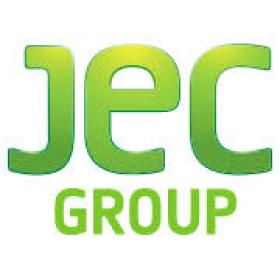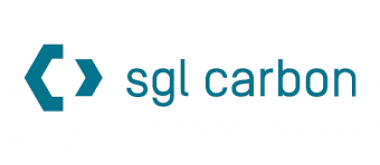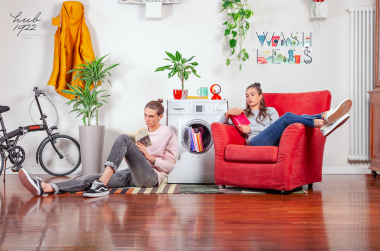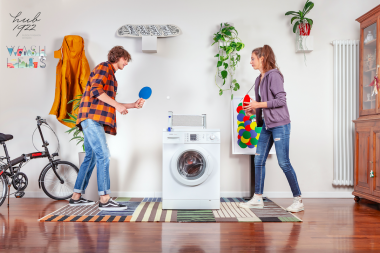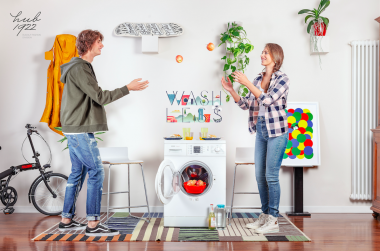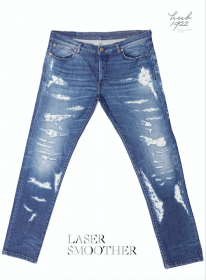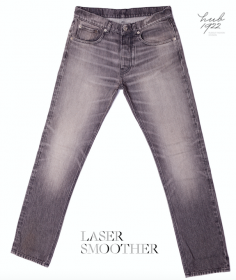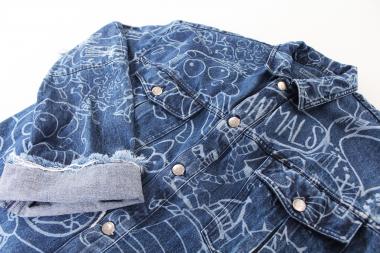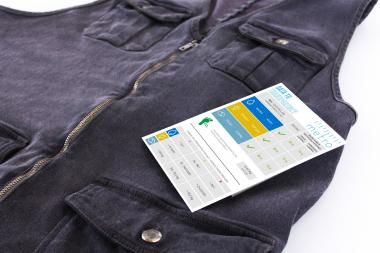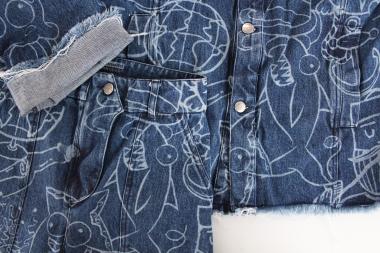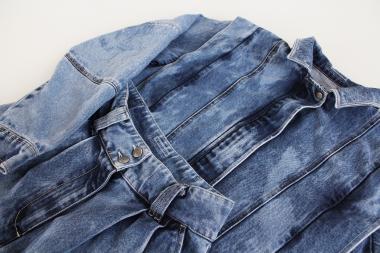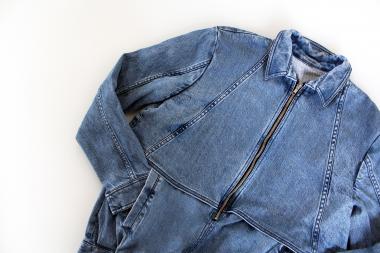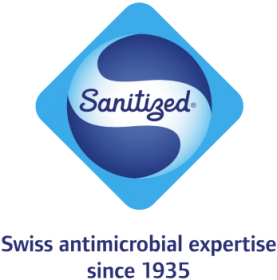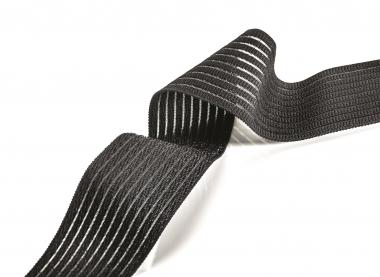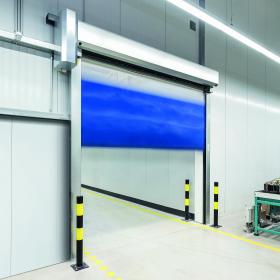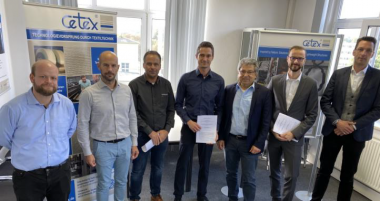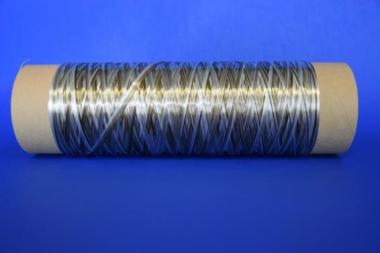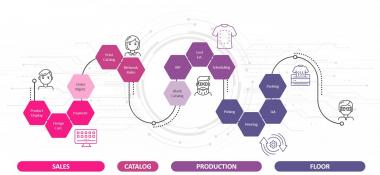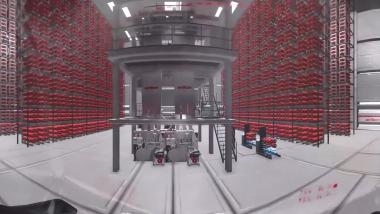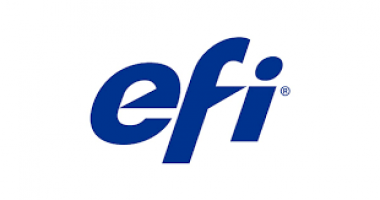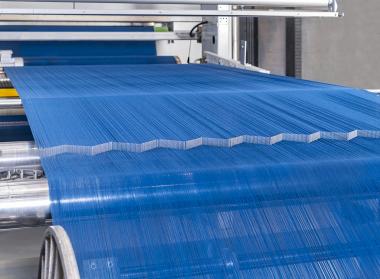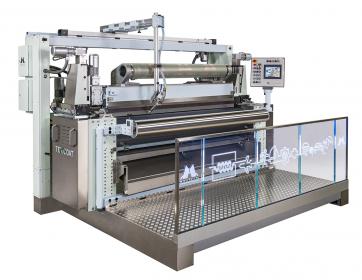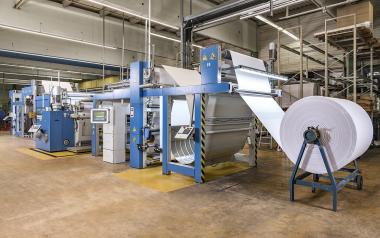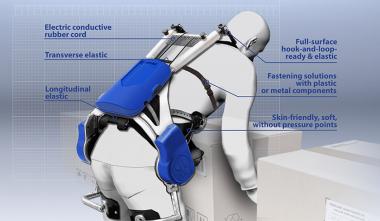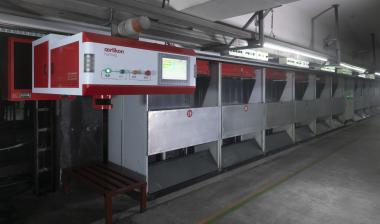JEC WORLD announces new 2021 Dates
- New digital platform unveiled
- Due to the continued impact of the Covid-19 pandemic and after thorough consultation of clients and partners, the JEC World team today announces that the next edition of JEC World is postponed from March 9 to 11 to June 1 to 3, 2021.
With the growing concern among our exhibitors and partners surrounding the critical situation of the Covid 19, travel restrictions, quarantine, and lockdown measures announced recently in many countries, the JEC World team has decided to work on a new timeline to hold the next edition of the event in safer conditions in 2021.
Thus, JEC World exhibitors answered a survey proposing three dates to determine which one would suit them the most. It appeared that a large majority of respondents favored holding the next JEC World session from June 1 to 3, 2021."We truly regret having to make this difficult decision. However, we are all committed, starting todayto deliver the best JEC World experience to our clients. We look forward to welcoming the international composites community back to Paris in June 2021", says Eric Pierrejean, CEO of JEC Group. As the leading trade show of the composites industry, JEC World brings together the whole composites materials value chain and professionals from application sectors, experts from the scientific and academic world, associations and media from more than 112 countries.
JEC World is also proud to introduce its audience this year, its new digital platform, JEC World Augmented.
This online platform, programmed to take place alongside JEC World,istailored primarily for attendees who cannot be present physically at the show but still want to experience a tremendousdigital event immersion. "JEC World and its augmented platform will bring the international composites community and specialists together to network with exhibitors, hold digital business meetings, access online conferences, workshops, and discover the latest composites innovation," says Adeline Larroque, Show director and EMEA events. "Now, more than ever, the international composites sector needs to come together to discuss today's challenges and tomorrow's composites solutions," adds Larroque.
JEC Group


